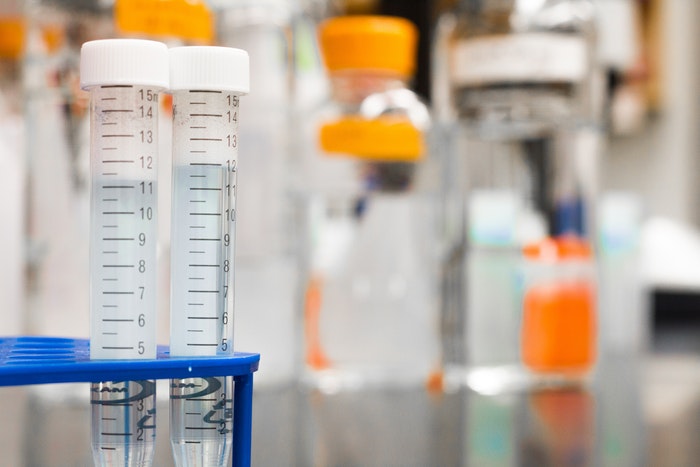
Doctors have focused on the one out of a thousand we might help by looking for early forms of disease. But we haven’t really asked the question, what happens to the other 999? ~ Dr. H. Gilbert Welch
Thanks to a law that recently went into effect in Arizona, citizens of our great state are finally able to order their own blood tests without seeing a doctor first. So-called “direct access testing” allows patients to take an active role in their own health care and save them money on doctor’s visits.
I happen to think it’s a great idea, however, there are potentially negative consequences to consider before ordering your own test.
One of the downsides to running medical tests on people who don’t have symptoms of a problem will most assuredly be an increase in false positives; that is, a test result indicating a person has a specific medical condition when the person doesn’t actually have it. Not only will this cause a great deal of unnecessary worry, but false positives can also cause unnecessary financial strain on the wallet and the medical system.
Another downside is hinted at in this NPR piece titled “Is Preventative Medicine Actually Overtreatment?” Dr. H. Gilbert Welch argues that unnecessary screenings can turn healthy people into sick people by revealing harmless abnormalities. As noted by Welch in the interview:
I think patients are used to thinking of treatments as having side effects, but so does testing. And the side effect of looking for early forms of disease is that we find, virtually, all of us have some. That’s because we all harbor some abnormalities. And we never know which patients are those that have abnormalities that are going to cause problems in the future. So we tend to treat everybody we find with an abnormality and that means we’re just treating some patients who can’t benefit from our treatment because they were never going to develop the problem at hand if they’re overdiagnosed.
Lastly, the fact that these tests are being done without the involvement of your primary care physician means their interpretation is less likely to benefit from your history with that doctor. Of course, with the average primary care physician caring for nearly 1000 more patients than is optimal (WaPo), one could argue that continuity of care means less today than it once did.
Despite these concerns and a keen understanding that you cannot test your way to health, I remain enthusiastic about the movement towards direct access testing especially since some companies are now allowing consumers to package a doctor consultation as part of their order. For example, for $70, Personalabs will arrange for a 15-minute call with a registered physician to interpret and explain test results with you over the phone. I realize this is likely higher than your health insurance co-pay, but by the time you factor in indirect costs (e.g., time away from work, transportation, etc.) going this route may be preferable to some.
On that note, I’m going to leave you with the trailer to the HBO documentary about the rise and fall of Theranos, the one-time billion-dollar Silicon Valley blood-testing company founded by the once worshiped but soon to be on trial Elizabeth Holmes (WSJ).
Be sure and check in on the Manufacturing Peace of Mind™ Spotify playlist where I have added some new music as well.
Cheers…xian
Video not displaying properly? Click here.








